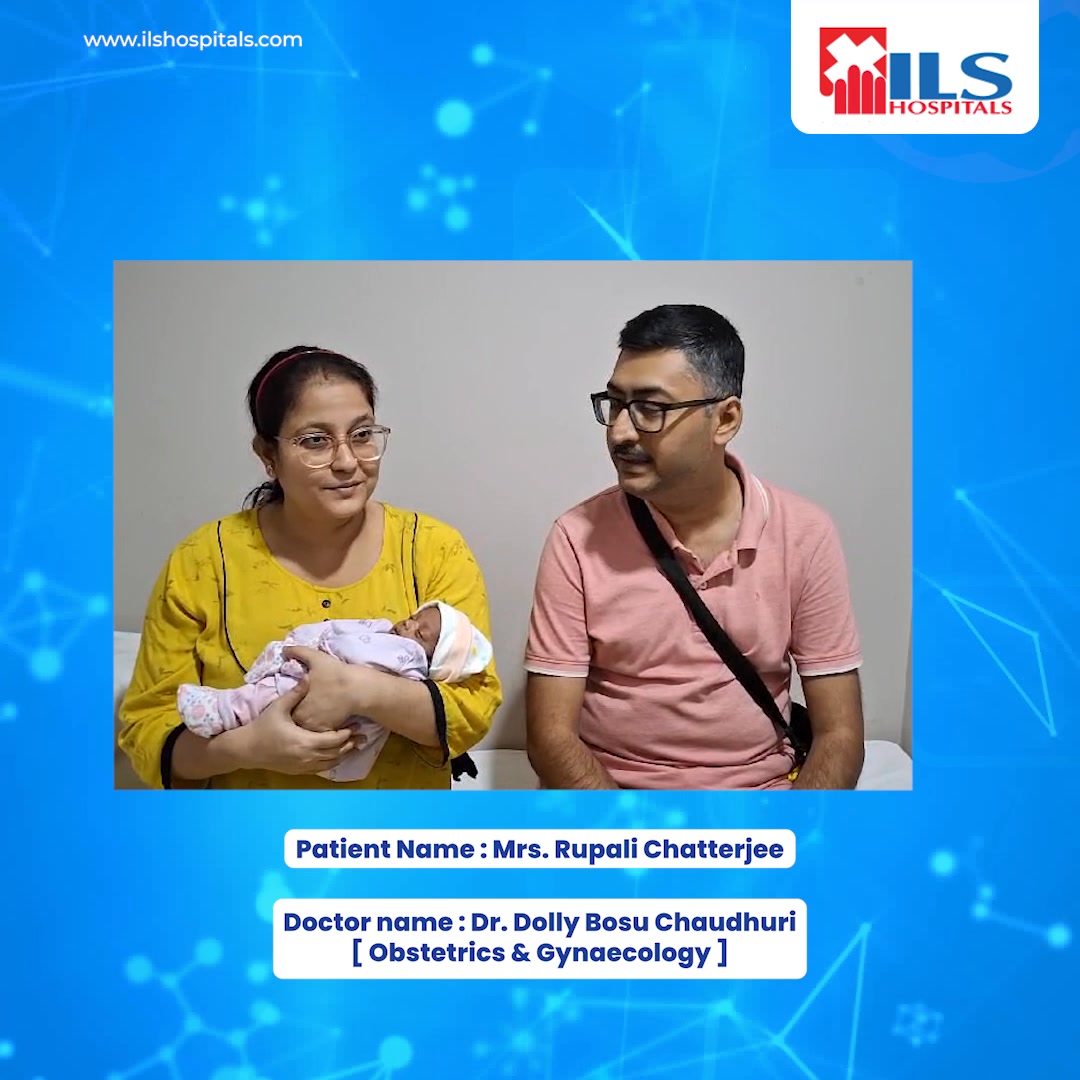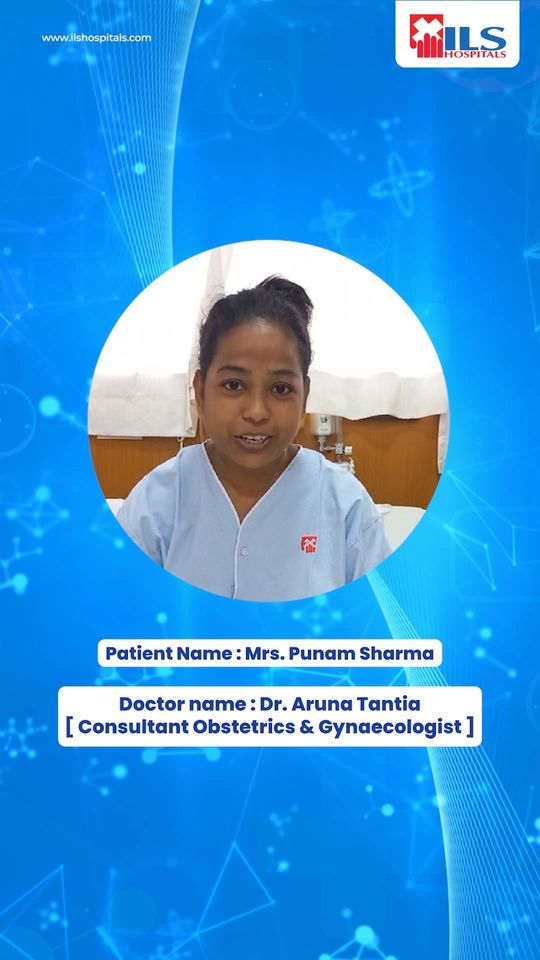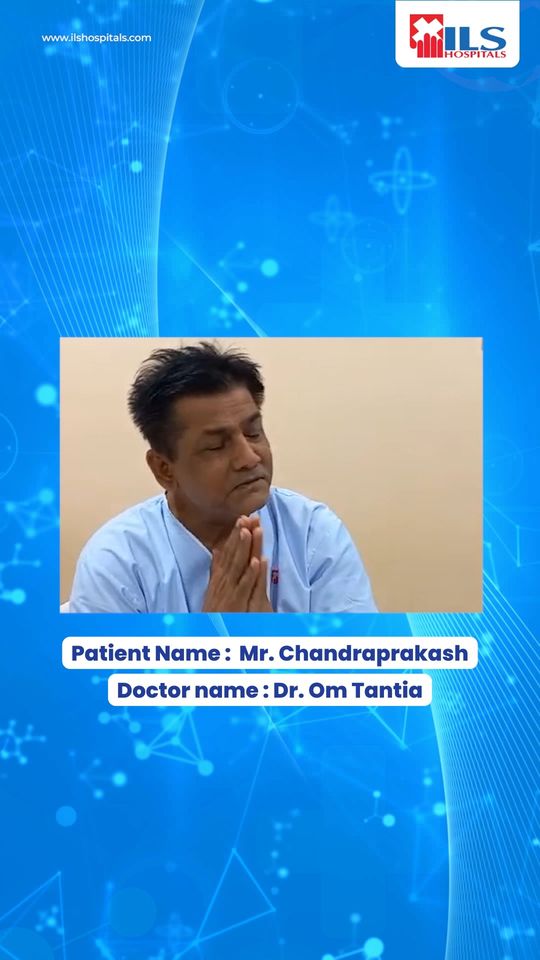Exploring Clarity: Endoscopic Sinus Surgery
Welcome to a breath of fresh air – quite literally. At ILS Hospitals, we delve into the intricacies of Endoscopic Sinus Surgery, an advanced ENT procedure that brings clarity and relief to individuals grappling with sinus issues. Let’s embark on a journey to understand the nuances of this minimally invasive surgery designed to restore sinus function and enhance the quality of life.
Deciphering Endoscopic Sinus Surgery:
Endoscopic Sinus Surgery is a sophisticated procedure that involves the use of an endoscope, a slender tube with a light and camera, to visualize and treat sinus-related issues. This minimally invasive approach allows surgeons to navigate and address sinus problems with precision, leading to improved outcomes and a faster recovery.
Indications for Endoscopic Sinus Surgery:
- Chronic Sinusitis: Individuals experiencing persistent inflammation of the sinuses, known as chronic sinusitis, may benefit from endoscopic sinus surgery. This condition often leads to symptoms such as nasal congestion, facial pain, and difficulty breathing.
- Nasal Polyps: The growth of nasal polyps within the sinuses can obstruct normal airflow and contribute to sinus issues. Endoscopic sinus surgery can be instrumental in removing these polyps and restoring sinus function.
- Sinus Tumours: In some cases, the presence of sinus tumours may necessitate surgical intervention. Endoscopic sinus surgery allows for the precise removal of tumours while preserving surrounding healthy tissue.
- Sinus Anatomy Abnormalities: Certain structural abnormalities within the sinuses, such as a deviated septum or narrow sinus openings, can be corrected through endoscopic sinus surgery to improve airflow and alleviate symptoms.
The Endoscopic Sinus Surgery Procedure:
- Diagnostic Evaluation: Before surgery, a comprehensive diagnostic evaluation, including imaging studies, is conducted to assess the extent of sinus issues and plan the surgical approach.
- Anaesthesia: Endoscopic sinus surgery is typically performed under general anaesthesia to ensure patient comfort during the procedure.
- Endoscopic Visualization: The surgeon inserts an endoscope into the nasal passages to visualize the sinus structures and identify areas of concern.
- Removal of Obstructions: Using micro-instruments, the surgeon delicately removes obstructions, such as polyps or damaged tissue, to enhance sinus drainage and airflow.
- Correction of Structural Issues: If there are structural abnormalities contributing to sinus problems, the surgeon may perform corrective procedures to optimize sinus anatomy.
- Closure of Incisions: As endoscopic sinus surgery is minimally invasive, there is often no need for external incisions. Any necessary incisions are closed, and dissolvable sutures may be used.
Benefits of Endoscopic Sinus Surgery:
- Minimally Invasive: Compared to traditional sinus surgery, endoscopic sinus surgery is minimally invasive, resulting in less tissue disruption and a faster recovery.
- Preservation of Healthy Tissue: The endoscopic approach allows for precise targeting of affected areas, preserving surrounding healthy sinus tissue.
- Reduced Recovery Time: Patients undergoing endoscopic sinus surgery typically experience a shorter recovery time compared to traditional surgical methods.
ILS Hospitals’ Expertise in Sinus Care:
At ILS Hospitals, our ENT specialists are at the forefront of providing advanced and compassionate care for sinus-related issues. We recognize the impact of sinus health on overall well-being and are dedicated to offering personalized solutions that bring lasting relief.






































